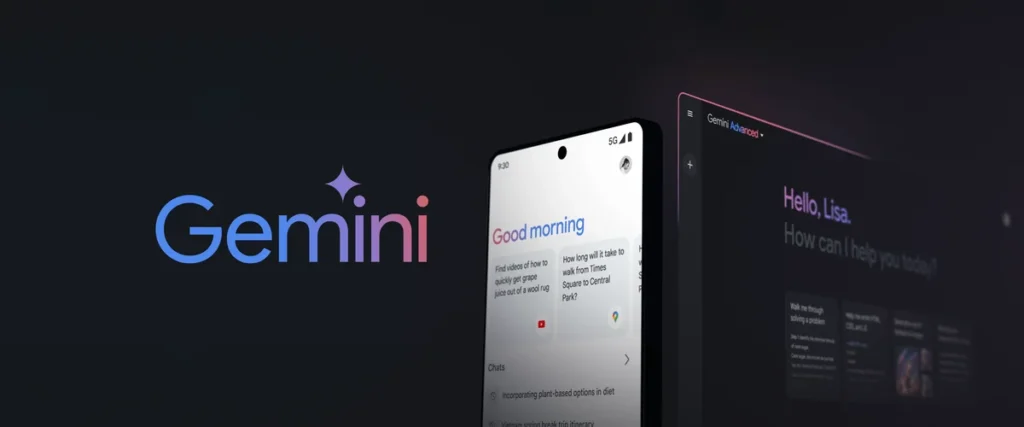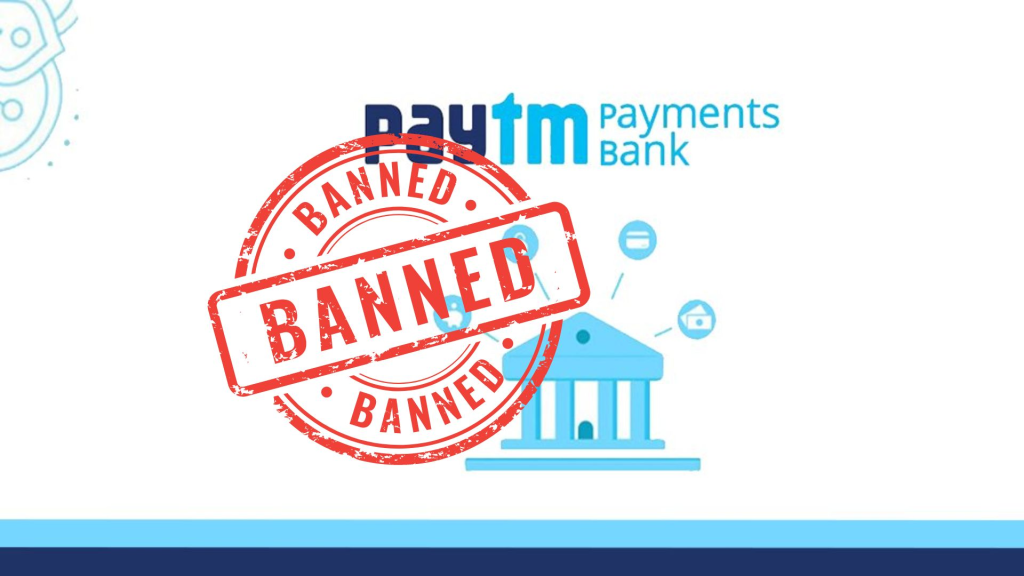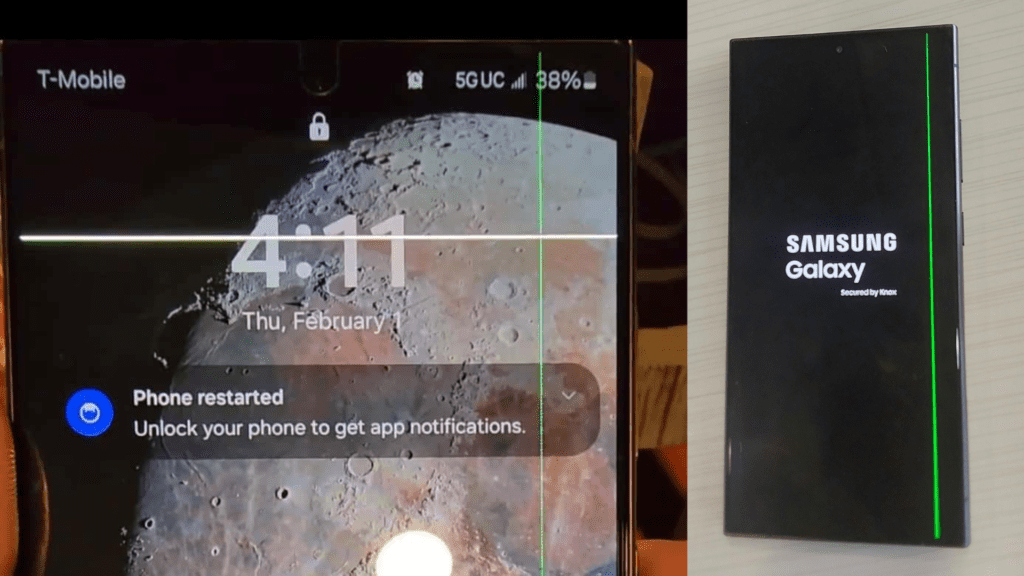In an era when conversations, private documents and even business deals are conducted over messaging apps, privacy isn’t a luxury — it’s more important than ever.
As WhatsApp, Signal, Messenger and other apps have become more popular in India, Telegram has quietly emerged as a go-to app for millions there who, like Mr. Tyagi, are concerned about privacy and security. Telegram currently has over 1 billion users around the world (as of 2025) and has been consistently growing its user base in India, especially among professionals, students, digital creators and privacy-oriented citizens.
But why is Telegram thought to be safer than other messaging apps?
Well, let’s see how it fares against rival services when it comes to security, control of data and anonymity and features.

🔐 1. End-to-End Encryption — The Right Way
Most messaging apps advertise “end-to-end encryption” (E2EE), but not all use it in the same way.
- WhatsApp uses E2EE for all chats and calls — great, but it’s owned by Meta (Facebook), which has faced multiple privacy breaches.
- Signal uses E2EE by default and is highly secure, but lacks multi-device syncing and backup flexibility.
- Telegram, on the other hand:
- Offers client-server/server-client encryption for cloud chats (more on that later).
- Uses end-to-end encryption for Secret Chats only.
- Maintains encrypted backups in the cloud, making multi-device use safer and smoother.
Key Point: Telegram gives you the option between encrypted cloud chats and fully secure Secret Chats — with self-destruct timers, no forwarding, and no screenshots (in some cases).
🧠 2. Telegram Never Reads Your Messages
Unlike some competitors, Telegram has a strict no-ads, no-data-selling policy.
Founded by Pavel Durov, who was initially behind Russian social network VKontakte before being forced out, Telegram was always rather libertarian in its approach to free speech and privacy, particularly after suffering its own monitoring by the Russian government.
Why This Matters in India:
Amid growing concerns about digital surveillance and privacy, users in India are gravitating toward services that claim they are in no position to surrender messages or metadata to third parties. Its encryption and open-source API make it a better bet for the privacy conscious.
🔒 3. Secret Chats: Iron-Clad Messaging
Telegram’s Secret Chats are like having an underground private tunnel between two people:
- End-to-End Encryption
- No Cloud Storage — stays only on the devices involved
- Self-Destruct Timers from 1 second to 1 week
- No Forwarding
- Screenshot Alerts (on Android)
This is especially useful for:
- Sharing personal information (bank account details, ID cards, passwords)
- Discussing sensitive business deals or strategies
- Journalists, activists, or whistleblowers needing strong anonymity
📱 4. Multi-Device, Secure Sync Without Compromising Privacy
WhatsApp and Signal struggle with device sync:
- WhatsApp only recently introduced multi-device support, but it’s still buggy for many users.
- Signal doesn’t sync messages across devices (you lose old messages on new phones).
Telegram, however:
- Syncs chats securely via the cloud
- Lets you log in from multiple devices simultaneously
- Offers 2-step verification for extra login protection
Even if you lose your phone, your chats and media are safe — and Telegram won’t log you out unless you choose to.
👤 5. Anonymous Usage — No Phone Number Shown
Telegram doesn’t force you to reveal your identity. In 2023, it introduced Usernames Without Phone Numbers, and in 2025, it expanded that feature to include:
- Anonymous Group Participation
- One-time usernames
- Temporary QR Codes for contactless joining
In contrast, WhatsApp shows your mobile number to everyone in any group. That’s a privacy nightmare in public or large communities.
Use Case in India:
- Join a UPSC group, tech channel, or crypto forum without sharing your personal number.
- Protect your identity from spammers and unknown people.
🧨 6. Self-Destructing Media and Messages
Telegram lets users send self-destructing media and messages, which disappear after being seen. Perfect for sending sensitive photos, documents, or links.
Other messengers are starting to adopt this, but Telegram does it best with:
- One-tap media timer
- Screenshot restrictions
- Auto-deleting entire chats after inactivity
This ensures that private content doesn’t stay on someone else’s phone forever.
🛡️ 7. Server Security & No Data Sharing with Governments
Telegram’s servers are scattered worldwide and the company is based in Dubai, with servers spread over several continents. This protects it against censorship, surveillance, and data requests.
WhatsApp reportedly passed on metadata of some users under legal orders to authorities, unlike Telegram, that has never handed over a byte of user data to any government.
India Context:
- Telegram groups and channels are used widely by students, political activists, and news organizations.
- The platform has resisted multiple government orders to reveal user data — which boosts its trust factor in India.
👥 8. Safer Groups and Channels
Telegram offers superior group and channel privacy:
- No phone numbers shown
- Up to 200,000 members per group
- Admin tools for controlling messages, media, users
- Anonymous Admins for safety
WhatsApp groups are easier to misuse. Any group participant can see your number, invite others, and often flood groups with spam or misleading content.
Telegram, on the other hand, allows:
- Read-only channels
- Moderated discussion groups
- Silent messages, slow mode, and anti-spam bots
This makes Telegram the safest option for public communities, study groups, and fan clubs.
🔧 9. Open Source and Independent
Telegram’s code for its mobile apps and bots is open source. That means developers and security experts can audit the code and verify its integrity. Telegram’s encryption protocol (MTProto) is also publicly documented.
In comparison:
- WhatsApp is not open-source
- Facebook Messenger is closed and ad-supported
- Signal is open source but lacks Telegram’s flexibility
Telegram’s transparency builds confidence and helps the community evolve better security tools over time.
📊 10. Telegram vs. Other Messengers: Security Summary Table
| Feature | Telegram | Signal | Messenger (Meta) | |
|---|---|---|---|---|
| End-to-End Encryption | Yes (Secret Chats) | Yes | Yes | No |
| Cloud Sync | Yes (encrypted) | Limited | No | Yes |
| Multi-Device Support | Excellent | Basic | Poor | Good |
| Data Sharing With Meta | None | Yes | None | Yes |
| Anonymous Groups | Yes | No | No | No |
| Self-Destructing Media | Yes | Yes | Yes | Basic |
| Screenshot Alert | Yes (Android) | No | Yes | No |
| Open Source | Partially (Apps) | No | Yes | No |
| Government Requests Resisted | Yes (Proven) | Not Always | Yes | No |
🇮🇳 Telegram Use Cases Growing in India
In India, Telegram is fast becoming the backbone for secure and meaningful communication:
- Students: Study material, PDF sharing, competitive exam groups (UPSC, SSC, NEET, etc.)
- Startups and Freelancers: Secure file sharing and client chats
- Political Activists and Journalists: Anonymous networking and secure group discussions
- Creators and Influencers: Running large channels without revealing identity
✅ Best Practices to Make Telegram Even Safer
If you’re using Telegram in 2025, follow these tips to maximize your security:
- Enable 2-Step Verification for your account.
- Use Secret Chats for sensitive conversations.
- Set Auto-Delete Timers in personal and group chats.
- Use Anonymous usernames when joining large groups.
- Review Privacy Settings — who can see your number, profile photo, or last seen.
🔚 Conclusion: Telegram Wins the Privacy Game
In the war on secure communications, there are no mandatory antivirus solutions or preinstalled conditions to run the best-of-breed virus scan on your computer. Whether you want to discuss publicly, build communities or coordinate with clients, we believe that our tools are powerful enough to get the job done, but simple enough to make it easy to use.
WhatsApp is still the king of the ring as far as messaging services are concerned in India, but its affiliation with Meta and data-sharing fears have forced many to abandon the service. Signal is one of the most secure but less flexible. Telegram is the perfect balance here; it’s secure, versatile, customizable, and user-friendly.
So, if digital privacy matters to you in 2025 — Telegram is the smartest move you can make.
Disclaimer: Information provided is based on publicly available sources and user experiences.
if you have any issue with this Article – Click Here




